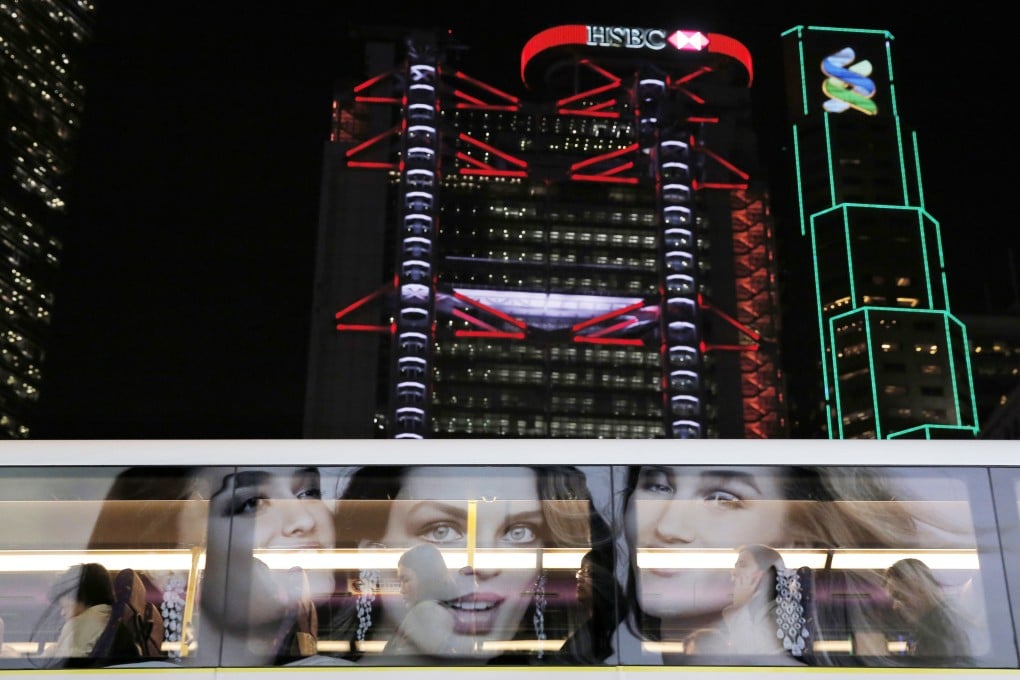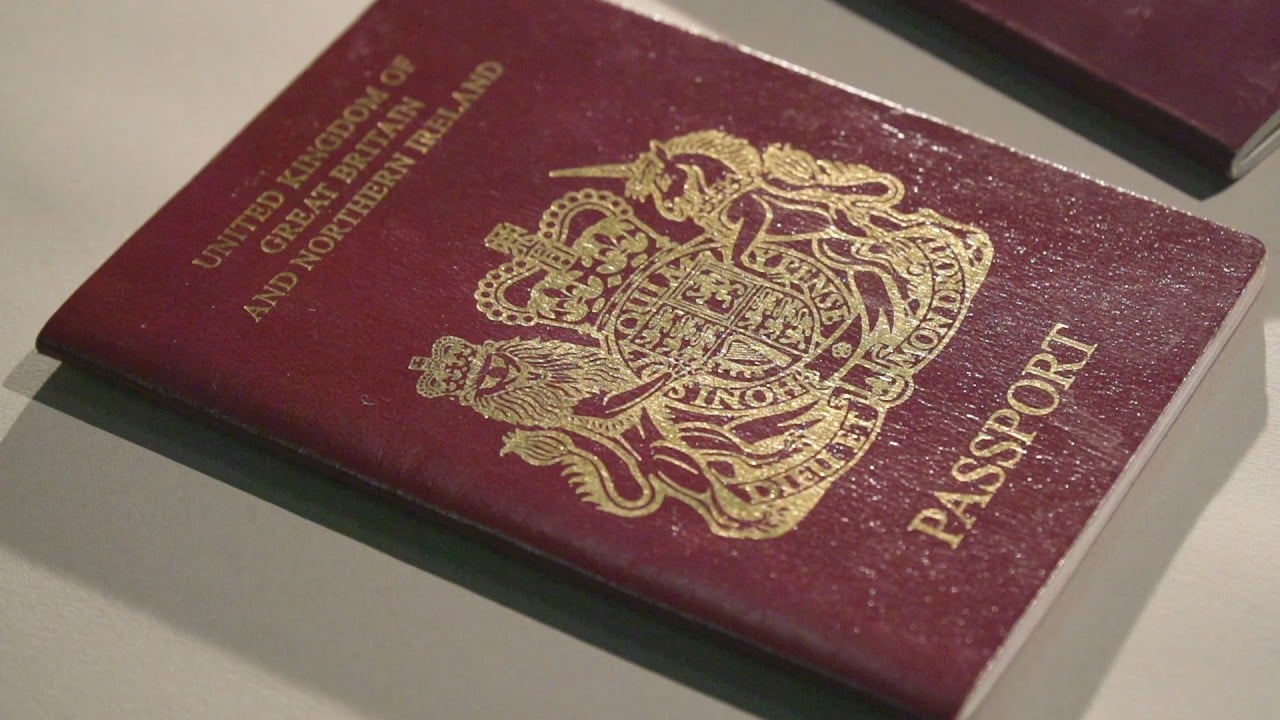Opinion | Hong Kong national security law: UK needs a new law too, or more firms like HSBC will side with China
- Four British companies, under pressure from China, have endorsed Hong Kong’s national security law despite London’s strong opposition
- More could follow, unless the UK fixes its own legal loophole that led to this situation

This is because, despite China’s furious assertions to the contrary, Britain sees its national interest as being intertwined with Hong Kong in two ways: first, it is a party to the Joint Declaration under which China promised that Hong Kong people would continue to enjoy their basic freedoms for 50 years after the handover in 1997, and second, there are hundreds of thousands of British nationals in Hong Kong.

01:38
UK offers Hongkongers with BN(O) passports path to citizenship after new national security law
In British eyes, if China breaches the Joint Declaration or if British nationals are endangered, its own interests are compromised.
British companies’ apparent support for what London sees as an erosion of freedoms highlights a weakness in the UK’s legal framework. There is currently no basis to sanction companies for supporting governments that damage British interests.
It is this lack that left the four British organisations vulnerable and they still are: most of their business is China-sourced.
